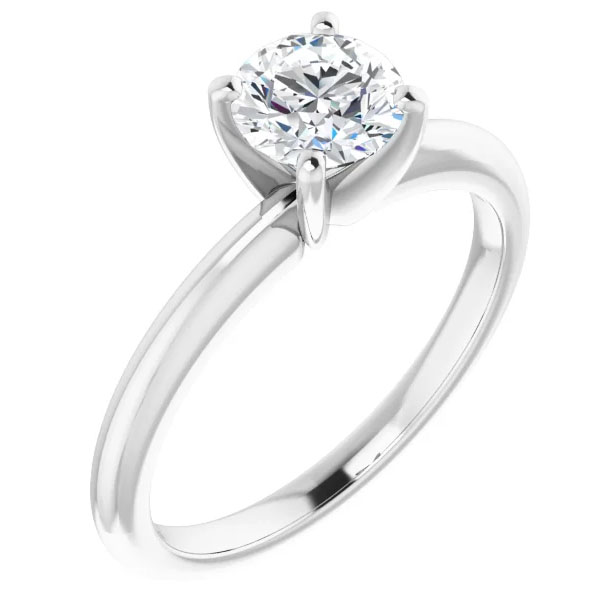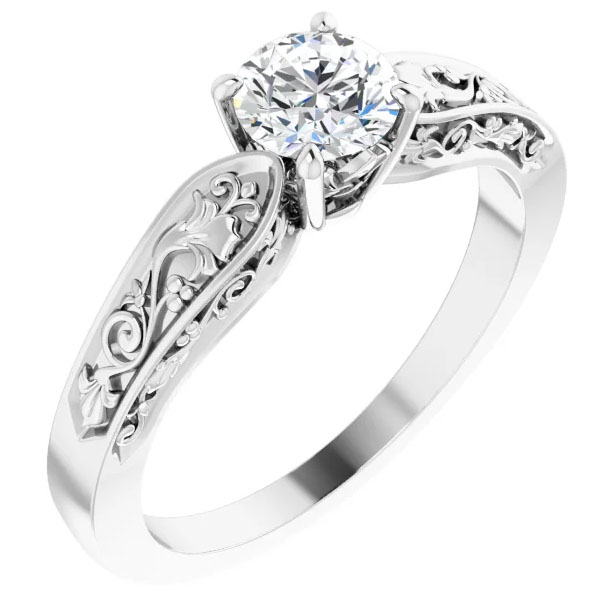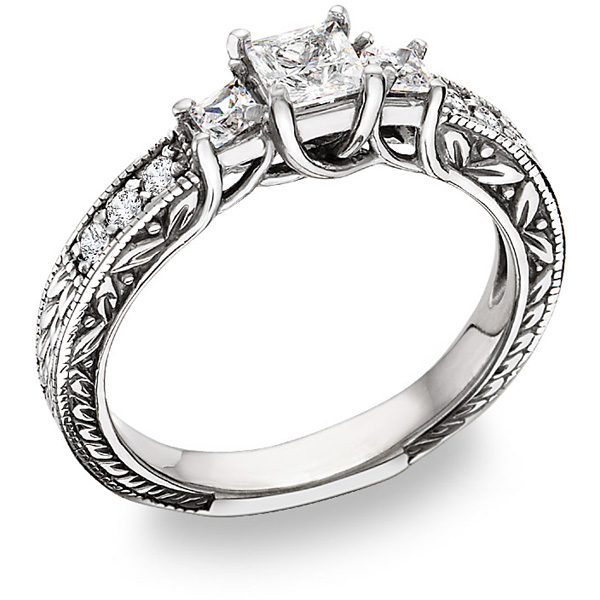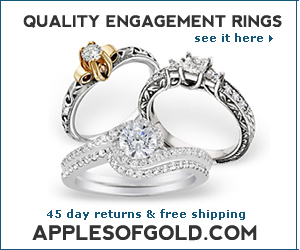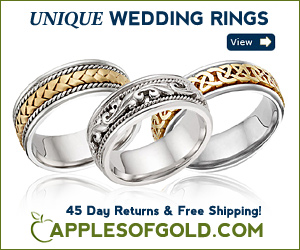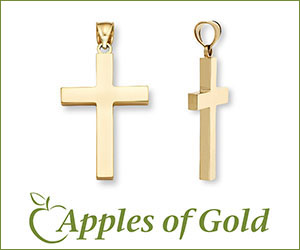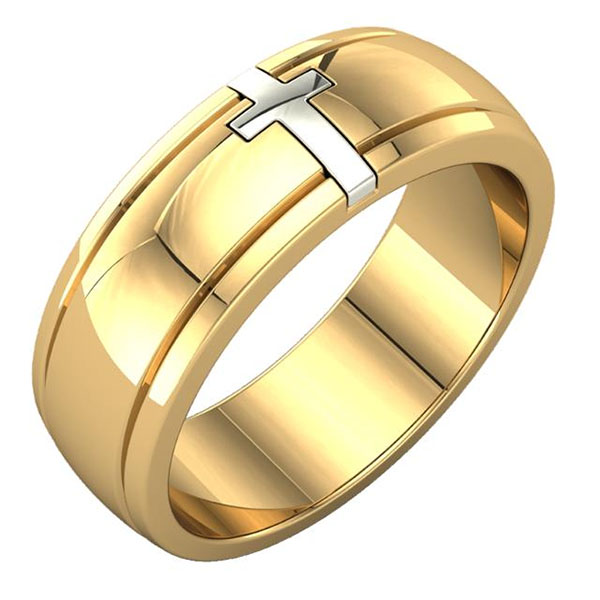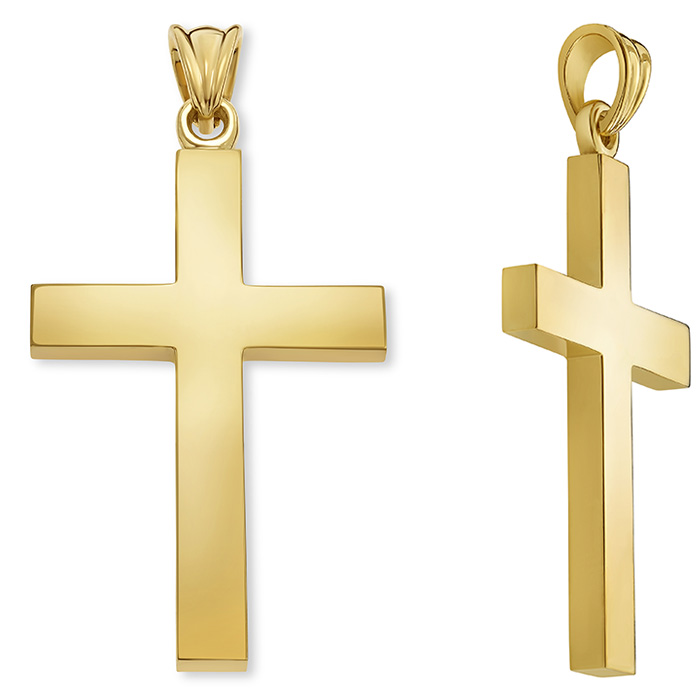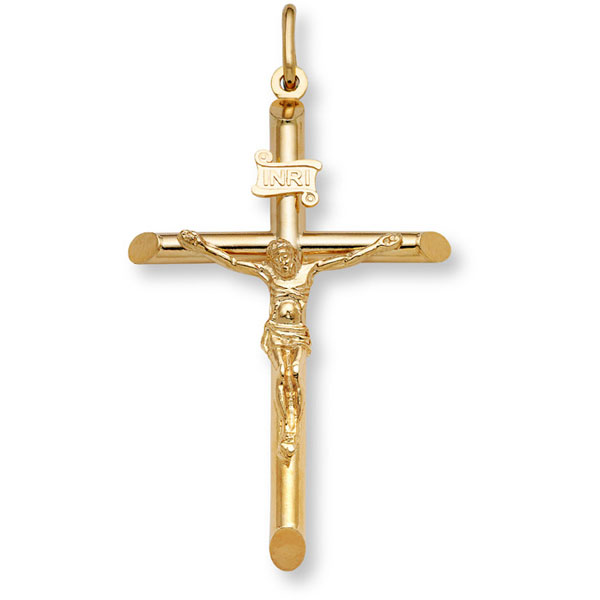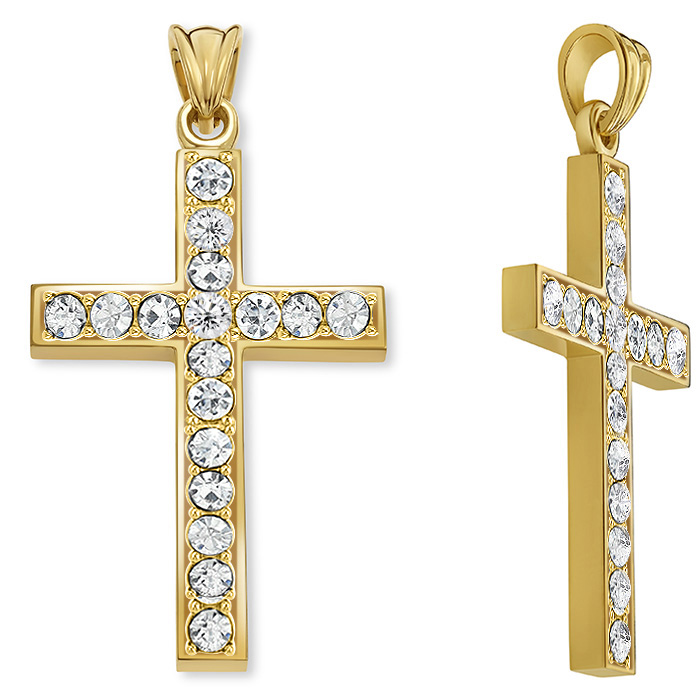The Difference Between GIA Certified and Non-Certified Diamonds
When shopping for diamond engagement rings, you may be confronted with the proposition of whether you should opt for a standard, non-certified diamond or a GIA, EGL or other independently verified certified diamond with grading report.
NON-CERTIFIED DIAMONDS
The first important aspect of this question is to understand that “non-certified” does not mean that a diamond is not graded professionally. It simply means that the diamond is graded “in-house”. In essence, when purchasing a non-certified diamond, it means that you are trusting the diamond dealer, wholesaler and jewelry retailer to determine the quality of the diamond based on their expertise and experience in the jewelry industry. This does not mean that there is no accountability when it comes to quality, because it is not only the retailer and wholesaler that evaluates the diamond, but also the diamond dealer who’s reputation and good name is on the line to all of their clients. Meticulous care is taken by experts to grade the diamonds “in-house” as opposed to certified stones which are sent out to an independent lab for grading.
A non-certified diamond should only be purchased from a trusted jeweler, a company you can trust and one that has written guarantees about the quality of their jewelry. That doesn’t mean you can’t shop from a new company that you just discovered, but be sure to check the company’s credentials. For example, Apples of Gold Jewelry, has an A+ Rating with the Better Business Bureau and thousands of positive customer reviews, is a Christian-owned company and has been in business since 1999. This is the profile of a company you can trust vs. a less desirable seller with little background, ratings or credentials.
PRICE AND VALUE
The other factor to weigh is the price you are willing to pay for your diamond ring. You can expect to pay 20%-25% or more for a certified diamond, especially when going with the most trusted grader, like GIA (The Gemological Institute of America). So non-certified diamonds are almost always the better deal and you can get much more carat weight or quality per dollar spent. This is why we often recommend our non-certified diamonds, because we can max out the carat, color and clarity and obtain the best diamond quality available, because we are putting that 20%-25% or into the diamond itself rather than the paperwork and independent verification. And when it comes to a large purchase like a diamond, that can significantly impact the cost.
ADVANTAGES OF GIA CERTIFICATION
We’ve discussed the advantages of non-certified diamonds, but GIA certified diamonds? GIA is not the only grading company, there is also EGL USA, among others, but GIA is the best known and most trusted, and therefore, the most expensive of the graded diamonds.
There are three main advantages to a GIA graded diamond:
- Guarantee. You are absolutely guaranteed to receive the diamond quality and carat that you purchased. GIA Graded diamonds are independently evaluated in a lab by expert gemologists. This is, in essence, what you are paying for, along with the official certificate or paperwork that comes with each unique diamond. The GIA certificate will list all of the details, from carat, color, clarity, cut, shape, the exact measurement of the diamond, the polish, symmetry, flourescence, etc. (most of which are meaningless to most retail shoppers). But you are guaranteed to get exactly what you have paid for.
- Resale Value. God forbid you have to sell your diamond ring one day. Having a GIA certificate that proves the value of the diamond to a new buyer can fetch you more than a non-certified diamond would. The premium that you paid for the cert now pays off in added value if you decide to sell your diamond.
- Peace of Mind. It is simply peace of mind to know that you don’t have to rely on the expert (but subjective) evaluation of your jeweler, their wholesaler and their diamond dealer. While you can get the same quality diamond for 20-25% less as a non-certified diamond, you can rest 100% assured that there is no question as to its veracity.
FINAL CONSIDERATIONS
So in many ways, it comes down to price and budget, peace of mind and resale value. Personally, we only recommend GIA certified diamonds when dealing with 1 Carat diamonds and above and even then only when you are looking for an exceptional quality diamond that is going to cost you more than the average engagement ring. For example, a G-H Color, SI1-I1 clarity diamond is a fairly common diamond and reputable jewelers are very accurate in assessing the quality under normal circumstances. But if you are looking for a flawless diamond or an exceptional, colorless diamond, such as a D-F Color, VVS or VS clarity stone, you should probably opt for the GIA certified stone, in that you are already paying a major premium for an outstanding, far above average diamond. At that point, the peace of mind and official grading is definitely an acceptable cost for such a high-end purchase.
Apples of Gold Jewelry doesn’t even deal with low grade quality diamonds that fall below I Color for the most part, especially on our diamond engagement rings and most of our diamonds start at the G-H Color, SI clarity range which are eye-clean and just above average. We find that perfect balance between quality and value to offer exceptional quality to our customers at a fair and equitable price. But we certainly do have GIA certified diamond in any quality of your choosing. Feel free to reach out to us and we can help customize the ring that you would like. We can even create your own custom dream designs.
Category: Diamond Jewelry, Diamond Rings, Engagement Rings, Jewelry Education, Jewelry Guide, Wedding Jewelry, Wedding Rings, Womens Jewelry

